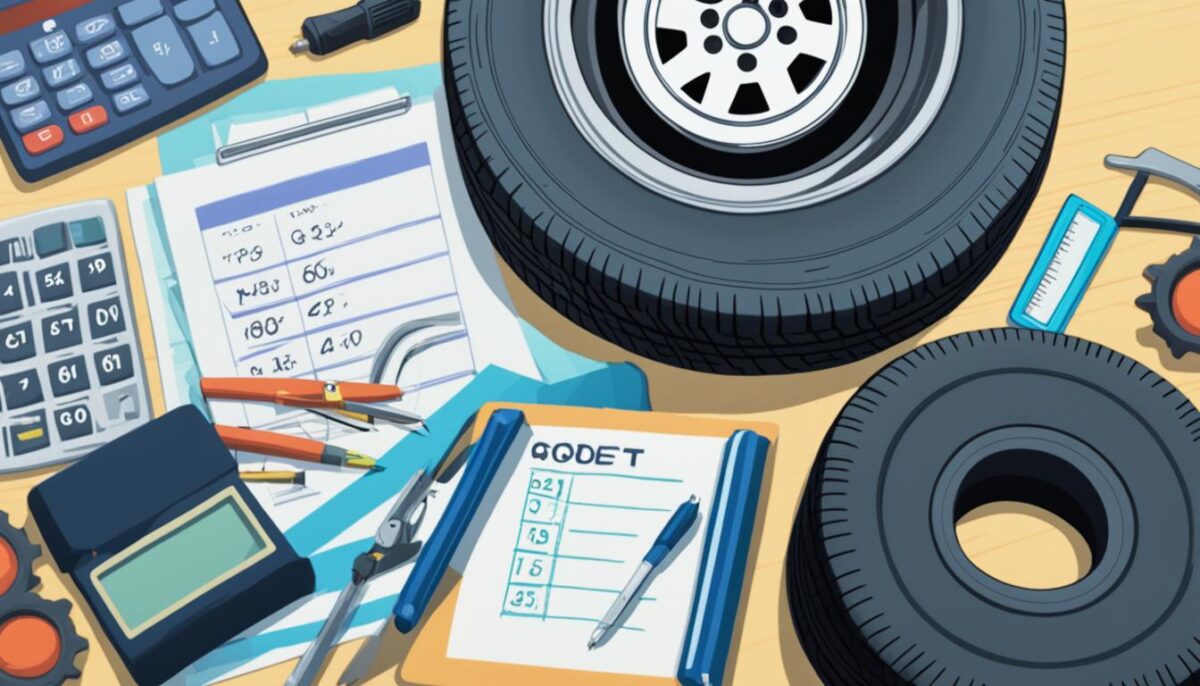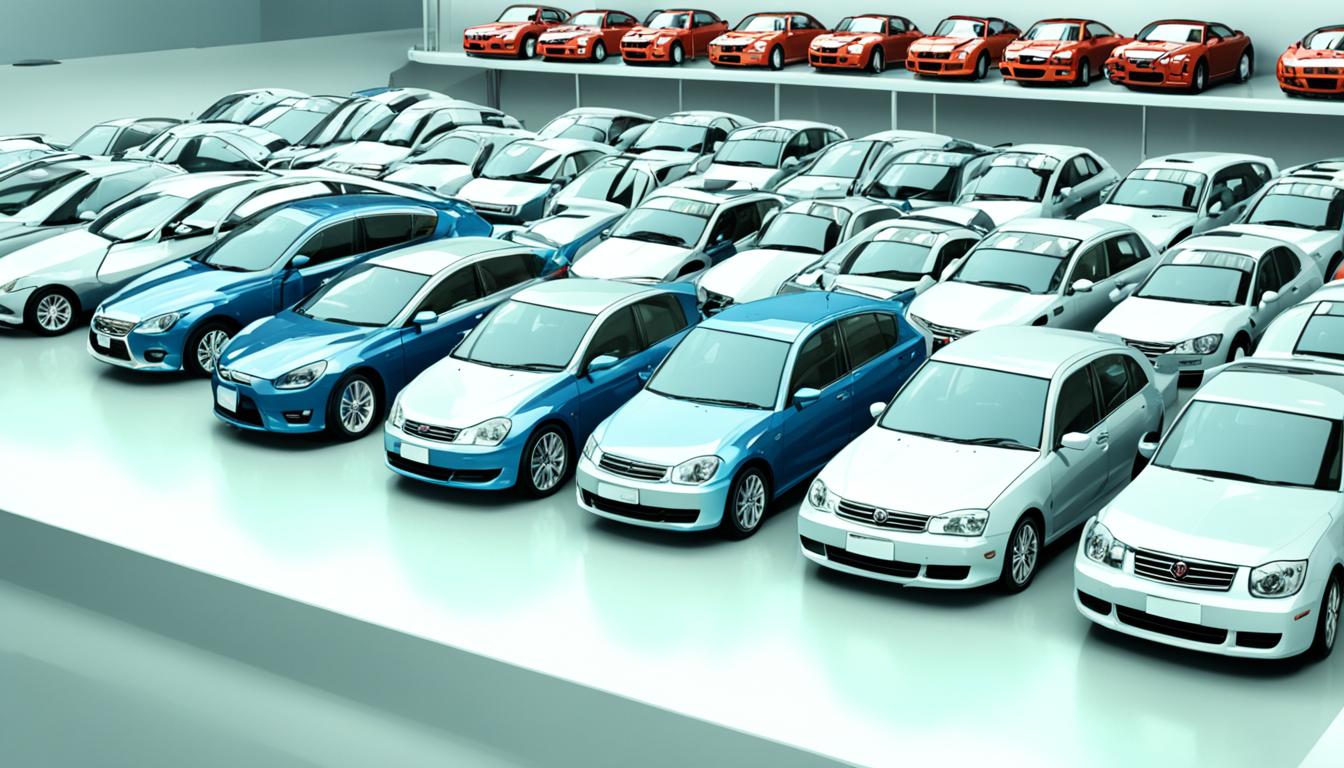As car enthusiasts and savvy buyers, we understand the thrill of scouring auto auctions in search of the perfect vehicle. However, navigating the complex world of car valuation can be a daunting task, especially for those new to the auction scene. In this article, we’ll dive deep into the factors that influence the true value of cars at auctions, empowering you to make informed decisions and become a more confident bidder.
Whether you’re in the market for a sleek sports car or a reliable family sedan, grasping the nuances of car value is crucial to ensuring you get the best deal. From understanding the impact of vehicle condition and mileage to recognizing the significance of make, model, and year, we’ll equip you with the knowledge needed to navigate the auction landscape and determine the true worth of the cars you’re interested in.
By the end of this comprehensive guide, you’ll have the tools and strategies to evaluate the market price of vehicles, giving you a distinct advantage when it comes to bidding and ultimately securing the car of your dreams. So, let’s embark on this exciting journey together and unlock the secrets to determining the true value of cars at auctions.
Understanding Car Auctions: A Beginner’s Guide
Navigating the world of car auctions can be both exciting and daunting for newcomers. Whether you’re a seasoned collector or a first-time buyer, understanding the different types of car auctions and the common terminology can be the key to making informed decisions and getting the best deals. In this section, we’ll explore the various car auction formats and the essential terms you’ll need to know to participate confidently.
Types of Car Auctions
Car auctions come in different shapes and sizes, each with its own unique characteristics and considerations. Let’s take a closer look at the most common types:
- Public Auctions: These auctions are open to the general public, offering a wide range of vehicles from various sources, including fleet sales, repossessions, and dealer overstock.
- Dealer-Only Auctions: These events are exclusively for licensed car dealers, providing them with access to wholesale pricing and a diverse selection of vehicles, often including trade-ins and fleet vehicles.
- Specialty Auctions: These auctions focus on specific makes, models, or collectible vehicles, appealing to enthusiasts and niche buyers who are seeking rare or unique cars.
Common Auction Terms to Know
To fully understand the car auction process, it’s essential to familiarize yourself with the following common terms:
- Reserve Price: The minimum price the seller is willing to accept for the vehicle.
- Bid Increments: The predetermined amounts by which the bids are increased during the auction.
- Hammer Price: The final price at which the vehicle is sold when the auctioneer’s gavel falls.
- Buyer’s Premium: The additional fee the buyer must pay, on top of the hammer price, to complete the transaction.
- As-Is, Where-Is: A term indicating that the vehicle is sold in its current condition, without any warranties or guarantees.
By understanding the different car auction types and the common terminology, you’ll be better equipped to navigate the auction process and make informed decisions that align with your needs and budget.
Factors Influencing Car Value
When it comes to determining the true value of a car at an auction, several key factors come into play. From the vehicle’s condition and mileage to its make, model, and year, these elements can significantly impact the final selling price. By understanding these variables, you can better assess a car’s worth and make informed bidding decisions that align with your budget and needs.
Vehicle Condition and Mileage
The condition of a car is a crucial factor in determining its value. A well-maintained vehicle with a clean history and minimal wear and tear will typically fetch a higher price at auction. Conversely, a car with visible damage, extensive repairs, or a questionable maintenance record may be valued lower. Additionally, the mileage of the vehicle can also have a significant impact on its worth. Generally, cars with lower mileage are more desirable and command higher prices, as they are perceived to have more life left in them.
Make, Model, and Year
The make, model, and year of a car can also significantly influence its value at an auction. Popular and in-demand models, as well as vehicles with a strong reputation for reliability and performance, tend to be more valuable. Additionally, the year of the car can play a role, with newer models typically commanding higher prices than older ones. By understanding the market trends and the relative demand for specific makes, models, and years, you can better assess the potential value of a car and make more informed bidding decisions.
| Factor | Impact on Car Value |
|---|---|
| Vehicle Condition | Well-maintained vehicles with minimal wear and tear fetch higher prices. |
| Mileage | Cars with lower mileage are generally more valuable due to their perceived longevity. |
| Make and Model | Popular and in-demand models tend to have higher resale values. |
| Model Year | Newer models typically command higher prices than older ones. |

“Understanding the key factors that influence a car’s value at auction is essential for making informed bidding decisions and ensuring you get the best possible deal.”
Car Value: Evaluating the Market Price
When attending a car auction, it’s crucial to have a solid understanding of the current market price for the vehicle you’re interested in. By evaluating industry pricing trends and recent sale data, you can develop a clear picture of the fair value and make informed bidding decisions.
To start, research the average selling prices for similar makes, models, and years of cars in your local market. Look for auction houses or online platforms that provide comprehensive pricing data, such as Kelley Blue Book or Edmunds. This will give you a baseline to work from and help you avoid overpaying for the vehicle.
Next, consider the unique characteristics of the car you’re evaluating. Factors such as mileage, condition, and any aftermarket modifications can significantly impact the market value. Be sure to thoroughly inspect the vehicle and compare it to similar listings to ensure you’re getting a fair deal.
| Pricing Consideration | Impact on Market Value |
|---|---|
| Mileage | Lower mileage typically equates to higher value |
| Vehicle Condition | Well-maintained vehicles in excellent condition command higher prices |
| Aftermarket Modifications | Customizations and upgrades can increase or decrease value depending on the buyer’s preferences |
By evaluating the evaluating car market price, determining fair value, and understanding the industry pricing trends, you’ll be better equipped to make a successful bid and drive away with the car of your dreams.
“The key to winning at car auctions is doing your homework and understanding the true value of the vehicle you’re bidding on.”
Strategies for Bidding and Winning at Auctions
As we navigate the exciting world of car auctions, it’s crucial to employ effective bidding strategies to increase our chances of securing the perfect vehicle at the right price. First and foremost, it’s essential to set a realistic budget and stick to it, avoiding the temptation to overspend in the heat of the moment.
Next, we’ll explore the art of recognizing when to walk away. While the thrill of the auction can be alluring, it’s important to maintain discipline and know when to let a car go, even if it means missing out on a potential opportunity. By understanding our limits and being willing to step back, we can prevent making impulsive decisions that may ultimately hurt our investment.
Finally, we’ll share insider tips and tricks to maximize our chances of winning at car auctions. From researching the market and understanding the competition to employing strategic bidding techniques, we’ll equip you with the tools and knowledge to navigate the auction process with confidence. By leveraging these insights, we can increase our chances of securing the perfect car at the right price, ultimately maximizing the value of our investment.

